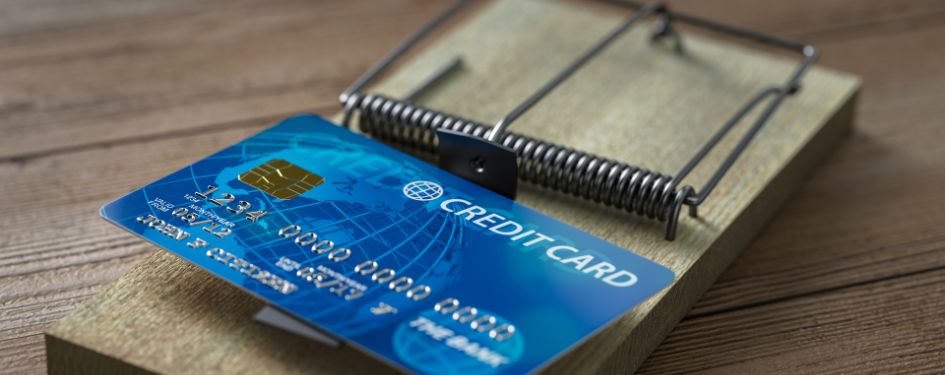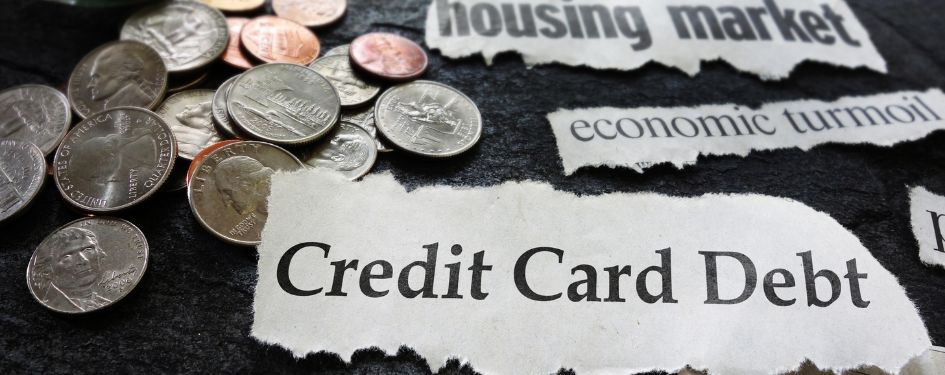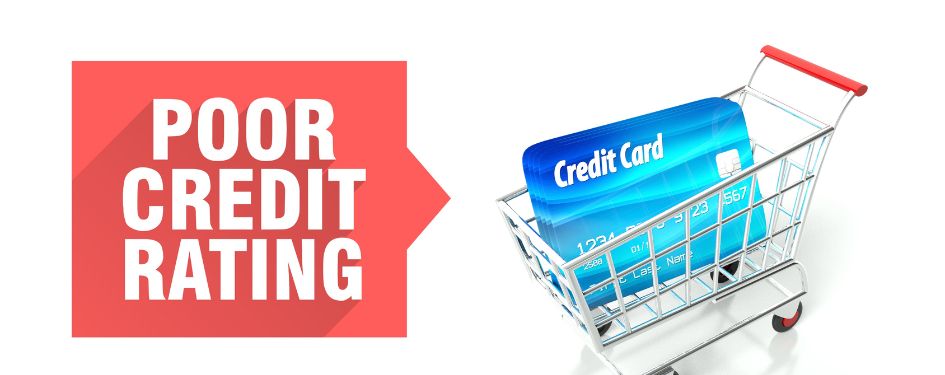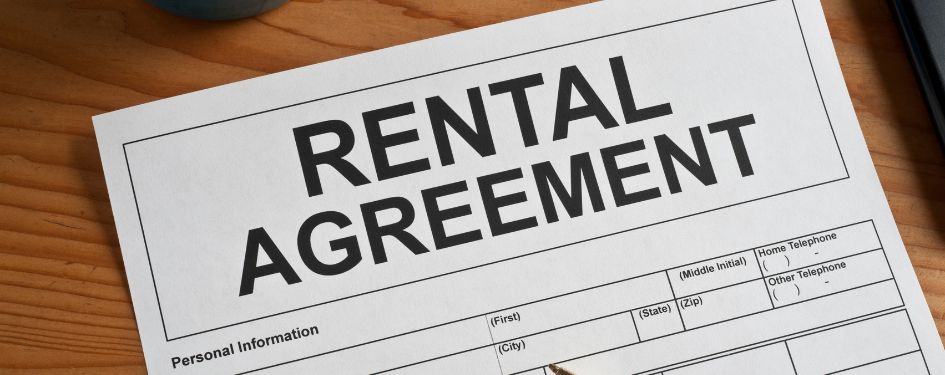Debt Relief Articles
How To Avoid Credit Card Traps (Follow These Tips Today!)
Updated Jun 25, 2024
By Melissa Cook
 Without proper management, credit card benefits can quickly become burdens. Misunderstanding credit card terms or misuse of credit can lead...
Read More
Without proper management, credit card benefits can quickly become burdens. Misunderstanding credit card terms or misuse of credit can lead...
Read More
 Without proper management, credit card benefits can quickly become burdens. Misunderstanding credit card terms or misuse of credit can lead...
Read More
Without proper management, credit card benefits can quickly become burdens. Misunderstanding credit card terms or misuse of credit can lead...
Read More
Can Creditors Take Your Social Security Benefits? (The Answer May Surprise You!)
Updated Jun 19, 2024
By Aaron Sarentino
 The program provides a financial lifeline for millions of Americans, particularly seniors and low-income people with disabilities, but is it...
Read More
The program provides a financial lifeline for millions of Americans, particularly seniors and low-income people with disabilities, but is it...
Read More
 The program provides a financial lifeline for millions of Americans, particularly seniors and low-income people with disabilities, but is it...
Read More
The program provides a financial lifeline for millions of Americans, particularly seniors and low-income people with disabilities, but is it...
Read More
Can Creditors Take Your Life Insurance Policy Benefits? (What You Must Know)
Updated Jun 19, 2024
By Minh Tong
 Here, we’ll cover whether creditors can access your life insurance policy benefits, the situations in which they might have a...
Read More
Here, we’ll cover whether creditors can access your life insurance policy benefits, the situations in which they might have a...
Read More
 Here, we’ll cover whether creditors can access your life insurance policy benefits, the situations in which they might have a...
Read More
Here, we’ll cover whether creditors can access your life insurance policy benefits, the situations in which they might have a...
Read More
How To Spot Credit Card Scams (What To Know To Protect Yourself And Your Money!)
Updated Jun 13, 2024
By Melissa Cook
 Scammers employ various tactics to exploit unsuspecting individuals, leading to financial loss and emotional distress. Discover the common types of...
Read More
Scammers employ various tactics to exploit unsuspecting individuals, leading to financial loss and emotional distress. Discover the common types of...
Read More
 Scammers employ various tactics to exploit unsuspecting individuals, leading to financial loss and emotional distress. Discover the common types of...
Read More
Scammers employ various tactics to exploit unsuspecting individuals, leading to financial loss and emotional distress. Discover the common types of...
Read More
Understanding Credit Card Debt In The Latino Community In The US
Updated Jun 13, 2024
By Aaron Sarentino
 This article explores the impact of credit card debt on the Latino community, provides practical strategies for managing and reducing...
Read More
This article explores the impact of credit card debt on the Latino community, provides practical strategies for managing and reducing...
Read More
 This article explores the impact of credit card debt on the Latino community, provides practical strategies for managing and reducing...
Read More
This article explores the impact of credit card debt on the Latino community, provides practical strategies for managing and reducing...
Read More
Do Student Loans Affect Your Credit Score? (The Answer May Surprise You)
Updated May 13, 2024
By Melissa Cook
 Knowing the facts about how student loans impact your credit score is crucial in order to make informed decisions when...
Read More
Knowing the facts about how student loans impact your credit score is crucial in order to make informed decisions when...
Read More
 Knowing the facts about how student loans impact your credit score is crucial in order to make informed decisions when...
Read More
Knowing the facts about how student loans impact your credit score is crucial in order to make informed decisions when...
Read More
Debt Consolidation With Poor Credit: Can It Be Done?
Updated May 01, 2024
By Minh Tong
 Despite debt consolidation being a popular solution for managing debt, many people with poor credit wonder if it's an option...
Read More
Despite debt consolidation being a popular solution for managing debt, many people with poor credit wonder if it's an option...
Read More
 Despite debt consolidation being a popular solution for managing debt, many people with poor credit wonder if it's an option...
Read More
Despite debt consolidation being a popular solution for managing debt, many people with poor credit wonder if it's an option...
Read More
How To Rent An Apartment Or House With Bad Credit
Updated Apr 02, 2024
By Minh Tong
 While you may need to invest a bit more effort, explain your credit dings, and prove you’re a good renter...
Read More
While you may need to invest a bit more effort, explain your credit dings, and prove you’re a good renter...
Read More
 While you may need to invest a bit more effort, explain your credit dings, and prove you’re a good renter...
Read More
While you may need to invest a bit more effort, explain your credit dings, and prove you’re a good renter...
Read More
Can You Buy A House After Debt Settlement?
Updated Mar 20, 2024
By Aaron Sarentino
 If you recently settled your debts or are in the process of going through debt settlement, you may be wondering,...
Read More
If you recently settled your debts or are in the process of going through debt settlement, you may be wondering,...
Read More
 If you recently settled your debts or are in the process of going through debt settlement, you may be wondering,...
Read More
If you recently settled your debts or are in the process of going through debt settlement, you may be wondering,...
Read More
Imagine life completely
free of debt!
or call the number below to speak with
a certified Debt Consultant today:
